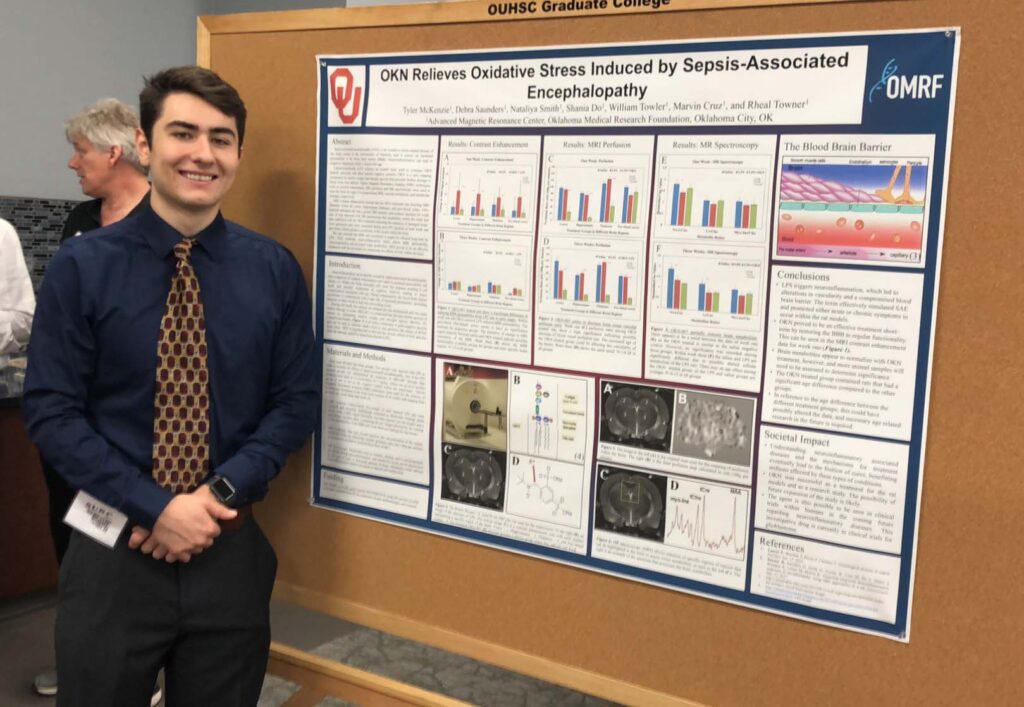Editor’s Note: This post was written and submitted by Tyler McKenzie, International Vice President for Division 3.
The medical field is one of the most expansive and also one of the most selfless professional careers that an individual could pursue. Dedication to the pursuit of wellness and an innate desire to aid others suffering from the burden of illness are essential characteristics an aspiring physician must have before choosing to go into this field.
As a pre-med student who has multiple relatives in the medical field and knows an extensive amount about the process of getting into medical school, I would like to provide some advice and knowledge on the subject.
In the summer of 2018, I was selected as an intern for a research program at the Oklahoma Medical Research Foundation, where I worked with notable scientists and medical students across the country. One student in particular, who is now a close friend, asked me two questions I had never even considered myself: “Why become a physician? Why not a nurse or a physical therapist? You can help people there, too.”
I never had viewed this aspect before. At the time, I could not answer this question appropriately. She was right — why could I not pursue another health profession? Why a physician? Now, after countless hours of pondering the question, I can answer it.
To me, becoming a doctor is so much more than having the desire to help others; anyone has this capability. I have seen and heard of physicians in my family being put into situations where they have to make decisions frequently and where they are looked to for leadership and guidance. Physicians also often love to challenge themselves intellectually, which really appealed to me.
Medical school is both substantially intense and enduring, based on what I have witnessed and through the words of medical students. It is not for individuals that are doing it for the wrong reasons. But when you complete the strenuous process, it’s all worthwhile.
Here are four tips to help you get accepted into medical school.
1. Research: When students are applying for medical school, they are often all equally exceptional in their academic performance in their undergrad. My recommendation is to STAND OUT. Apply for research opportunities or get involved in honors programs at your local institution. Having this component will be the highlight of any resume.
2. GPA: Most students are very centered on their grades and consistently stressed about that 4.0. However, while having great grades is important, medical schools are not only looking for that. If you happened to stumble your first year of college, that’s fine. Admission boards actually prefer a gradual increase in course performance throughout your undergraduate experience.
3. Volunteering/Shadowing: Experience and exposure are vital to that race of medical school admission. The acceptance committees want to know that you have been exposed to the field that you are getting yourself into. Lacking this component could be devastating to an applicant’s profile. Shadow a family physician or volunteer at your local health clinic; it’s both self-fulfilling and educational.
4. MCAT: The Medical College Admissions Test (MCAT) is likely the most important aspect of acceptance. Study for the test months prior and invest in a preparatory program that suits you. Kaplan and the Princeton Review are excellent resources that can help you ace the exam.




